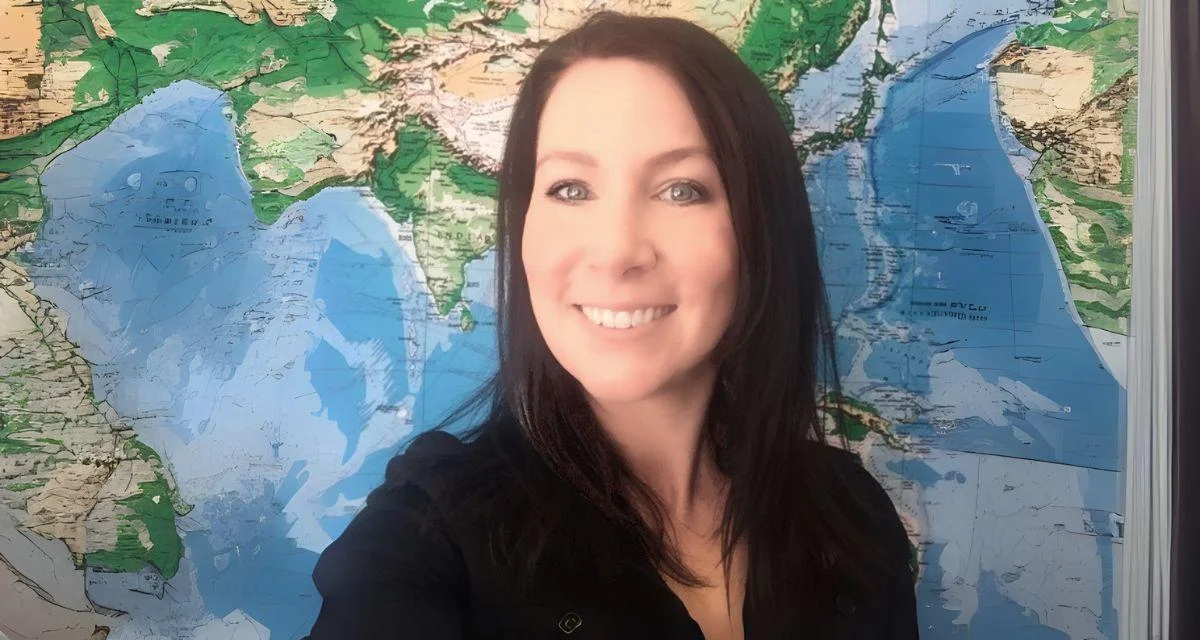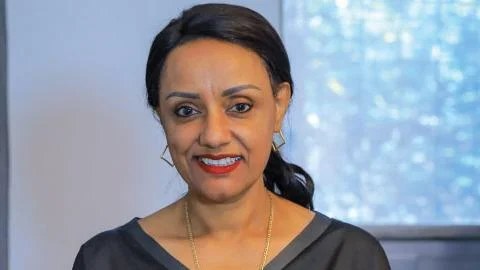Obtaining an Air Operator Certificate (AOC) from national aviation authorities such as the FAA in the U.S., EASA in Europe, or DGCA in India is essential before any flights can be operated or tickets sold. The certification process includes submitting key operational manuals and hiring required personnel like Accountable Managers and Heads of Operations. Demonstration flights with inspectors are also part of the process. Typically, obtaining an AOC takes six to twelve months if all requirements are met.
Acquiring aircraft does not always mean purchasing them outright; leasing is common due to lower upfront costs and greater flexibility. Options include operating leases from major lessors like AerCap and SMBC or short-term wet leases for bridging capacity gaps.
Accessing airports requires securing slots at busy locations through IATA’s Worldwide Airport Slot Guidelines (WASG), negotiating airport agreements for ground handling and services, and connecting ticket sales to global distribution systems like Amadeus or Sabre.
Safety remains paramount. Airlines must implement Safety Management Systems (SMS), secure maintenance contracts or CAMO approvals for continuing airworthiness oversight, obtain insurance coverage for passengers and third parties, and comply with environmental regulations such as CORSIA or EU ETS.
Marketing efforts after certification focus on public relations campaigns that highlight unique selling points—such as pricing or sustainability—collaborations with travel organizations to boost brand awareness through discounted tickets, integration with online booking platforms and travel agencies, and customer loyalty programs.
Frequently asked questions address timelines—typically 12–24 months from concept to first flight if capital is available—and cost estimates ranging widely based on scale. Airlines usually begin with three to ten aircraft before expanding further. Over half of commercial fleets worldwide are leased rather than owned outright by airlines.
Partnerships through alliances or codeshares help new airlines expand their reach without additional aircraft investments. However, risks remain high due to factors like fuel price volatility, regulatory delays, competition from established carriers, fleet acquisition challenges, and external shocks such as pandemics or economic downturns.
Exit strategies for investors may involve initial public offerings (IPOs), sales to strategic buyers such as other airlines or holding groups, or secondary share sales.
Growth opportunities exist particularly in emerging markets where low-cost carriers can fill gaps in service; there is also rising demand for cargo operations driven by e-commerce growth. Sustainable aviation using electric propulsion or alternative fuels presents further opportunities attracting environmentally focused investors.
Reflecting on industry history highlights that many successful airlines began as ambitious ideas facing significant obstacles. For example: "Take Sir Richard Branson. In 1984, he chartered a single plane to test his idea of creating an airline built around customer care and flair. With little experience in aviation but armed with creativity and determination he launched Virgin Atlantic into a market dominated by giants. The odds were stacked against him with fierce competition financial constraints and skepticism at every turn. Yet Branson’s vision of an airline that dared to be different resonated with travelers. Today Virgin Atlantic stands as a symbol of how daring to dream backed by persistence and innovation can carve out a place in the skies."
The article concludes that starting an airline demands vision and endurance but can result in lasting impact: "Every airline flying today began as an audacious dream drawn on paper. And while the journey is difficult it is not impossible. With the right plan the right team and the courage to keep going when the headwinds blow strongest your airline could one day be more than a vision it could be a legacy carried across continents painted proudly on the wings of tomorrow."
 Alerts Sign-up
Alerts Sign-up
























